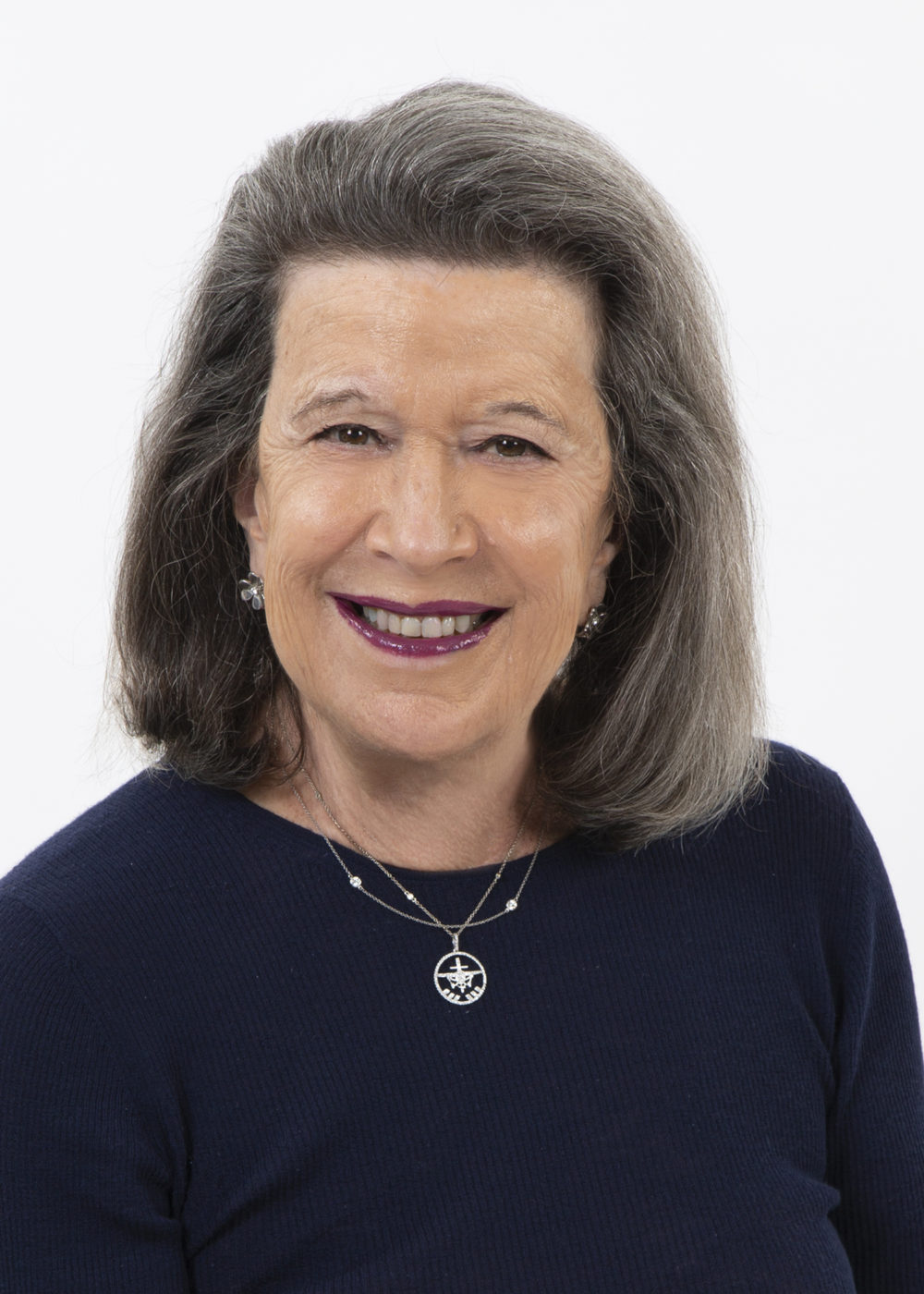
More than 40 years ago, the Harvard Business Review exclaimed in a front-page article that everyone who makes it has a mentor. Jack Welch wrote during his tenure as CEO of GE that a strong mentor-
mentee relationship is the basis for forging tomorrow’s leaders.
How has mentoring emerged as an important and powerful strategy for building relationships at the workplace?
It began with Homer and the Odyssey. In Greek Mythology, a man named Mentor was friends with the famous Odysseus. When Odysseus went to war against Troy, he entrusted his house to the care of Mentor. In time, Mentor became a guide to Odysseus’s son, Telemachus, offering him advice and counsel. That generous act didn’t go unnoticed; today, we refer to these trusted advisers as mentors.
Mentoring has been at the heart of apprenticeship programs. The experienced craftsman takes the younger student under his wing and shows him the ropes. In Western cultures, a mentor is a guide, supporter, and
friend. In many Native American communities, elders have served as mentors to both youth and adults.
History tells us the origin of the word and provides countless examples. Take a moment and think back to those individuals who cared about you, supported you, believed in you, and were always there for you during your youth.
Who were your mentors?
Maybe they continued with you as you grew up, attended school, and landed your first job. I imagine you may even be able to identify multiple mentors. Where would you be without them?
Many famous people have identified their mentors. For Oprah Winfrey, it was her fourth-grade teacher, Mrs. Duncan. General Colin Powell was mentored by his father, Luther Powell. Henry David Thoreau identified Ralph Waldo Emerson as his mentor. Mine was my Nana, and why I am Nana to our five grandchildren. She cared for me without judgment and gave me advice, guidance, and unconditional love.
From ancient times until today, mentoring has influenced people’s lives from all walks of life.
California water and wastewater agencies and firms are striving for retention, job satisfaction, improved morale, increased productivity, and cultivating successful leaders. Mentoring facilitates these goals.
It is a reciprocal and collaborative relationship that supports the mentee’s growth, learning, and career development. There is an emphasis on career goals and sound advice.
Unlike coaching, which usually focuses on improving job performance and may not be voluntary, mentors help their mentee navigate the speed bumps in their careers, providing support and encouragement. They are trustworthy and empathetic.
The good news is mentoring is two-directional. Mentors benefit just as much from the relationship as the mentees do!
What questions do you have about mentoring? Sign up for the free Ask Dr. Mentor webinar on February 21st. CWEA’s Mentoring Workgroup will host a free webinar to discuss the following:
 Dr. Susan G. Weinberger, aka Dr. Mentor, is President of Mentor Consulting Group (MCG) in Norwalk, CT. MCG is assisting CWEA in designing and implementing a high-quality, effective, and sustainable mentoring program for its members.
Dr. Susan G. Weinberger, aka Dr. Mentor, is President of Mentor Consulting Group (MCG) in Norwalk, CT. MCG is assisting CWEA in designing and implementing a high-quality, effective, and sustainable mentoring program for its members.
Spread the word about these AC23 events for Students & Young Professionals (SYP). Check the schedule for dates and times.